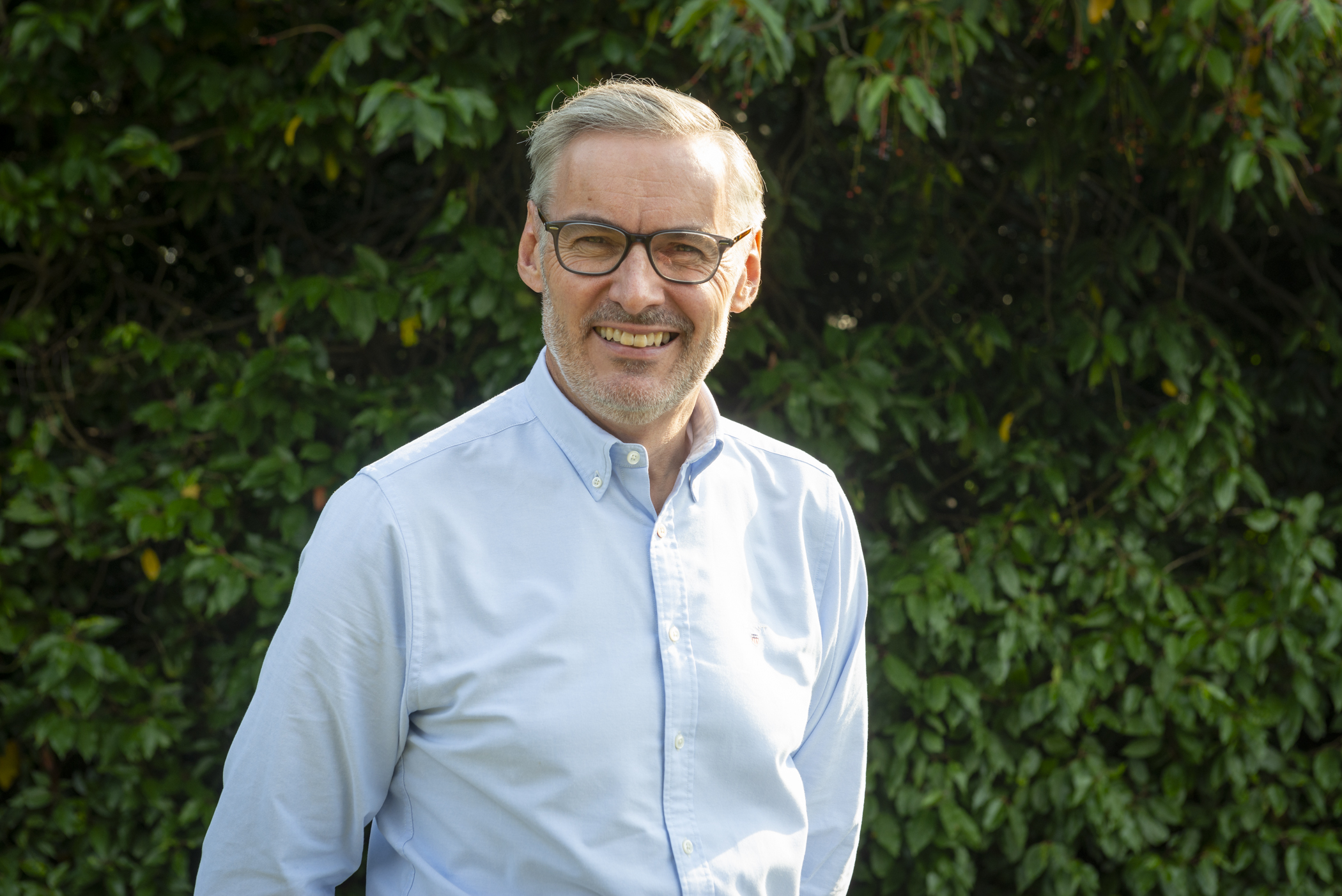Laura Coryton MBE, Director of Sex Ed Matters, discusses how her organisation harnessed the power of research and academia to boost impact. She also explores how others can do the same.
______________________________________________________________________#
I first met Dr Michele Paule and Dr Hannah Yelin in 2016 after they invited me to speak at an event they organised to boost the confidence of girls. Little did I know, fast-forward to 2024, together we would secure funding from Oxford Brookes University to turn their decades of research into an anti-sexism campaign course for girls, which would become one of the university’s most impactful ‘Knowledge Exchange and Innovation’ projects of the year.
‘Knowledge Exchange’ projects are funded opportunities for academics to work with a business, social enterprise, organisation or charity. The aim of this partnership is to help the academic’s work make real-world impact.
Here’s how we harnessed the power of academia and research to boost the impact of our organisation, so you can do the same.
Step one – choose your academic(s)
A charity/academic partnership is mutually beneficial. Research and data can legitimise the mission of your organisation. It can showcase why the problem you’re trying to solve is important. Similarly, your partnership can help academics prove their work is making real-world impact, which can lead to more funding opportunities.
Finding the right academic is key. You want to be certain (a) the academic’s research is specific enough to be useful to your organisation and (b) you can work well with the academic and you can fit around their busy schedule. We worked so well with Dr Paule and Dr Yelin because we immediately bonded over our mission to empower girls and help them take leadership roles and set out clear expectations from day one.
Step two – apply for knowledge exchange and innovation funding
Most universities will work with UK Research and Innovation to offer limited funding for research exchange and innovation projects. Usually, the academic will need to apply for this, with an organisation’s support. To succeed, your joint application should prove how you will develop the academic’s research into a real-world project, why it will be impactful and why you’re best placed to deliver this partnership.
Step three – set clear deadlines and milestones
Academics have busy and sometimes unpredictable schedules, and as a charity leader, so will you. The key to a successful relationship is to set clear deadlines and milestones at the beginning of your project. This will ensure you know exactly what is expected of each other and it will help you work as a team. Make sure your suggested deadlines are generous so you can deliver tasks early and set yourself up for success.
Step four – regular catchups can help you overcome challenges
Dr Yelin, Dr Paule and I had a catch-up every two- to four-weeks to discuss our project deliverables and any feedback the academics had to improve our course. This face time strengthened our working relationship and our course.
Step five – meet people in real life as much as possible
Together, Dr Paule, Dr Yelin and I met many times. We visited the students who took our course to hear their feedback and about their campaigns, delivered speeches together and presented a session at the Oxford Creative Industries Festival. This gave us a great opportunity to demonstrate our impact in the real world, to experience the impact it made so we stayed motivated and to gather vital photo evidence for our reporting process.
I hope these steps can help other charities utilise important research and data to supercharge their organisation, too. It can be a long road to secure funding, and there will be many challenges along the way, but the rewards are well worth it for everyone involved and the partnership can be truly transformational.
Latest News
-
Free support service launches to help charities tackle climate change
-
Disability charity chief to co-chair global women’s rights organisation
-
Regulator issues official warning to charity over video containing distressing content
-
World’s wealthiest give ‘significantly less’ than those in low-income countries
-
Charity's council partnership secures £580,000 for older people in three months
-
Monwara Ali: Rethinking the 'talent crisis'
Charity Times video Q&A: In conversation with Hilda Hayo, CEO of Dementia UK
Charity Times editor, Lauren Weymouth, is joined by Dementia UK CEO, Hilda Hayo to discuss why the charity receives such high workplace satisfaction results, what a positive working culture looks like and the importance of lived experience among staff. The pair talk about challenges facing the charity, the impact felt by the pandemic and how it's striving to overcome obstacles and continue to be a highly impactful organisation for anybody affected by dementia.
Charity Times Awards 2023
Mitigating risk and reducing claims

The cost-of-living crisis is impacting charities in a number of ways, including the risks they take. Endsleigh Insurance’s* senior risk management consultant Scott Crichton joins Charity Times to discuss the ramifications of prioritising certain types of risk over others, the financial implications risk can have if not managed properly, and tips for charities to help manage those risks.
* Coming soon… Howden, the new name for Endsleigh.
* Coming soon… Howden, the new name for Endsleigh.
Better Society

© 2021 Perspective Publishing Privacy & Cookies











Recent Stories